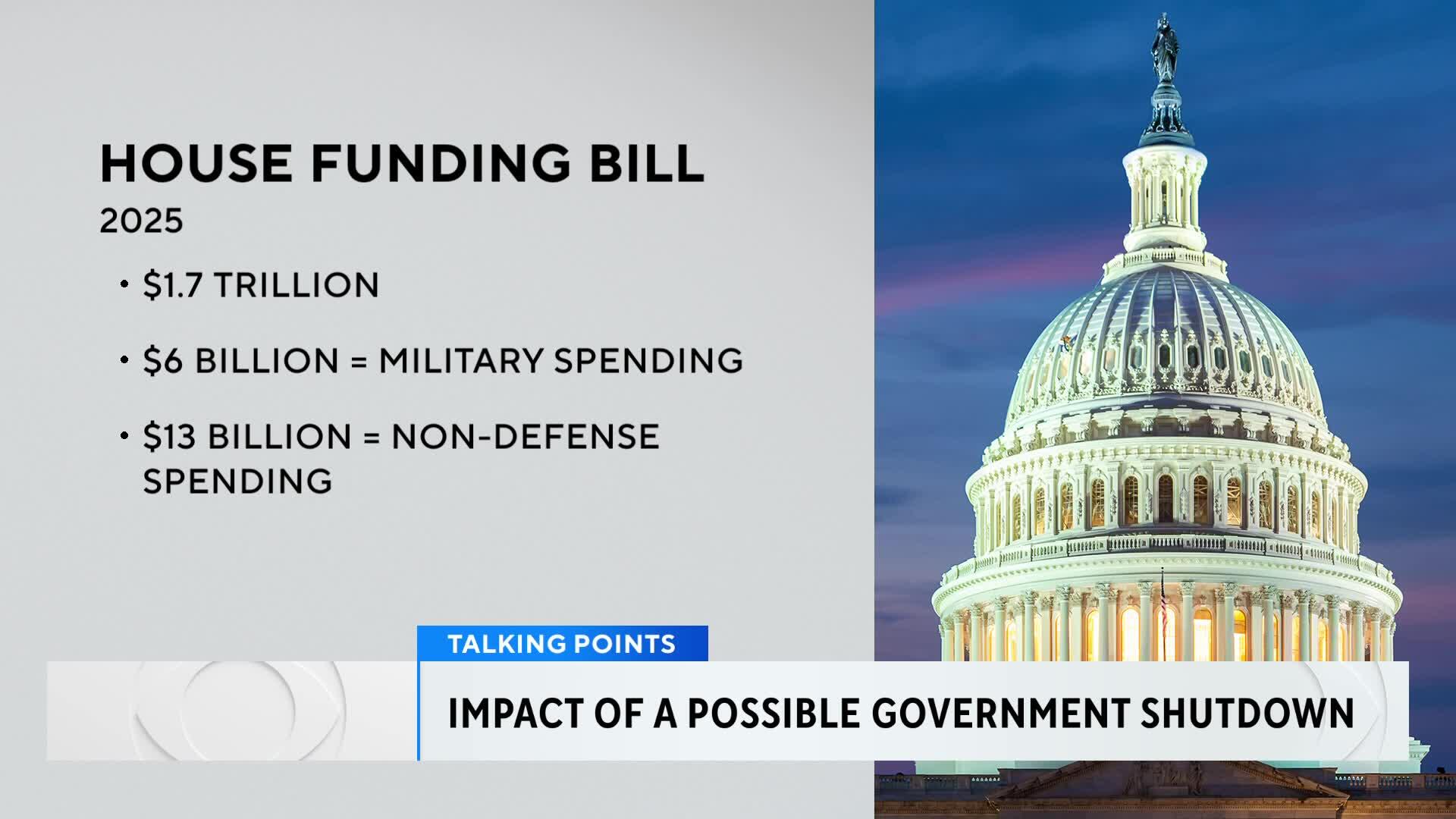Government Shutdown Looms in U.S. as Funding Talks Stall
A U.S. government shutdown is increasingly likely as both House and Senate funding proposals failed, leaving Congress deadlocked just days before the September 30 deadline.

With just over a week remaining before the September 30 deadline, the United States faces a growing risk of a government shutdown after both the House and Senate failed to agree on temporary funding measures. On September 19, 2025, House Republicans narrowly passed a seven-week continuing resolution aimed at keeping the government open, but the measure was swiftly blocked by Senate Democrats, who also saw their own funding proposal fall short. The impasse leaves federal agencies and millions of Americans bracing for potential disruptions to government services and paychecks.
Congressional Stalemate Intensifies
The current standoff is marked by deep partisan divisions over spending priorities and policy riders. According to PBS NewsHour, House Republicans argue their proposal would protect taxpayer dollars and maintain critical services, while Democrats insist on additional funding for health care and other domestic programs. Both sides accuse the other of risking a shutdown for political gain. With Congress now in recess and no further votes scheduled until just before the deadline, the odds of a shutdown are considered high by congressional observers.
Impact on Americans and Federal Services
Lawmakers from both parties have warned of the consequences if the government shuts down. Congressman Vern Buchanan, Vice Chairman of the House Ways and Means Committee, emphasized that a shutdown would jeopardize national security, disrupt Social Security and Medicare benefits, and block access to disaster relief and border security programs. Representative Young Kim echoed these concerns, noting that shutdowns historically achieve little but cause significant hardship for families, seniors, and servicemembers. The proposed continuing resolution would have extended funding at current levels through November 21, 2025, and maintained support for key programs such as veterans’ benefits, food assistance, and cybersecurity initiatives.
Uncertain Path Forward
As the deadline approaches, the path to a resolution remains unclear. Senate Majority Leader Chuck Schumer and House Speaker Mike Johnson have shown little willingness to compromise, with each side blaming the other for the impasse. Some lawmakers hold out hope that last-minute negotiations could avert a shutdown, but with Congress out of session and partisan rhetoric escalating, the likelihood of a deal appears slim. If no agreement is reached, the federal government will begin a partial shutdown on October 1, affecting hundreds of thousands of workers and a wide range of public services.